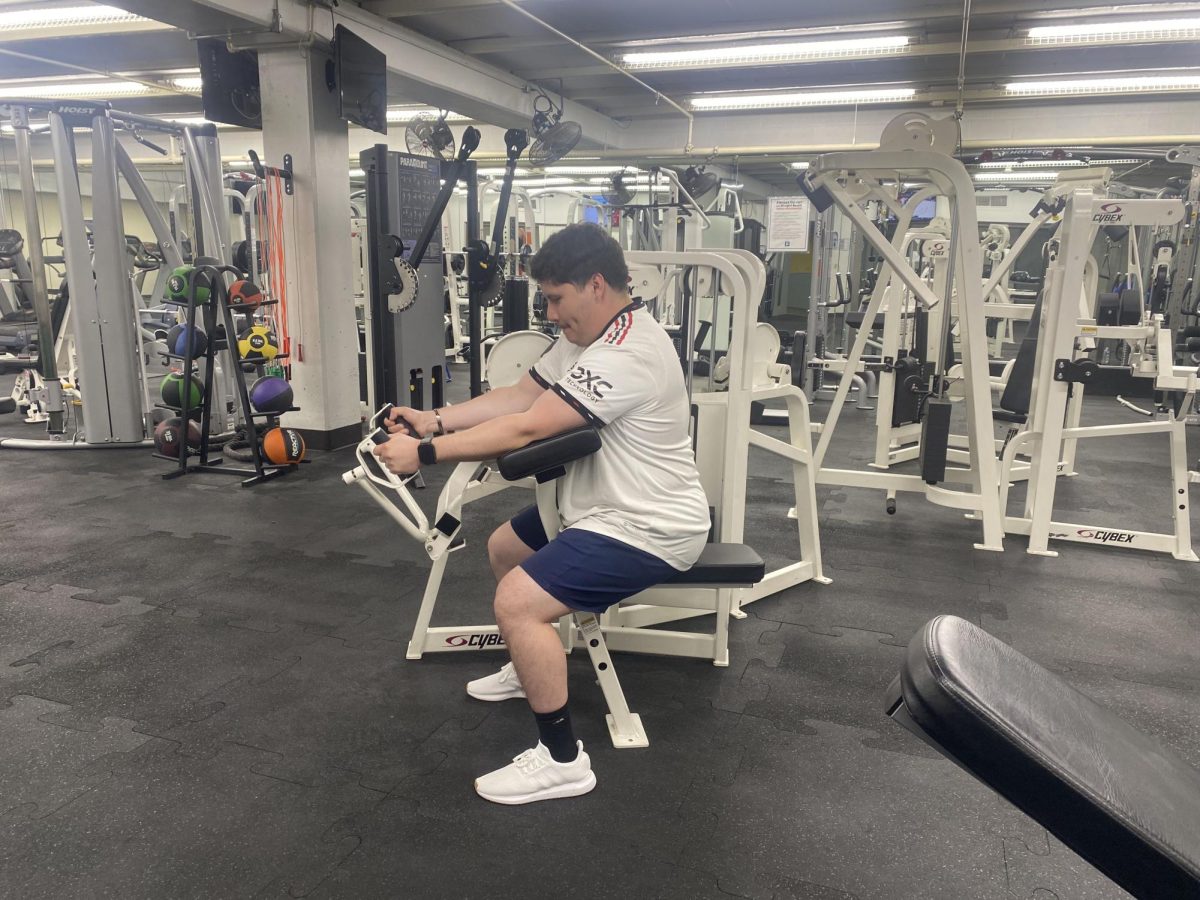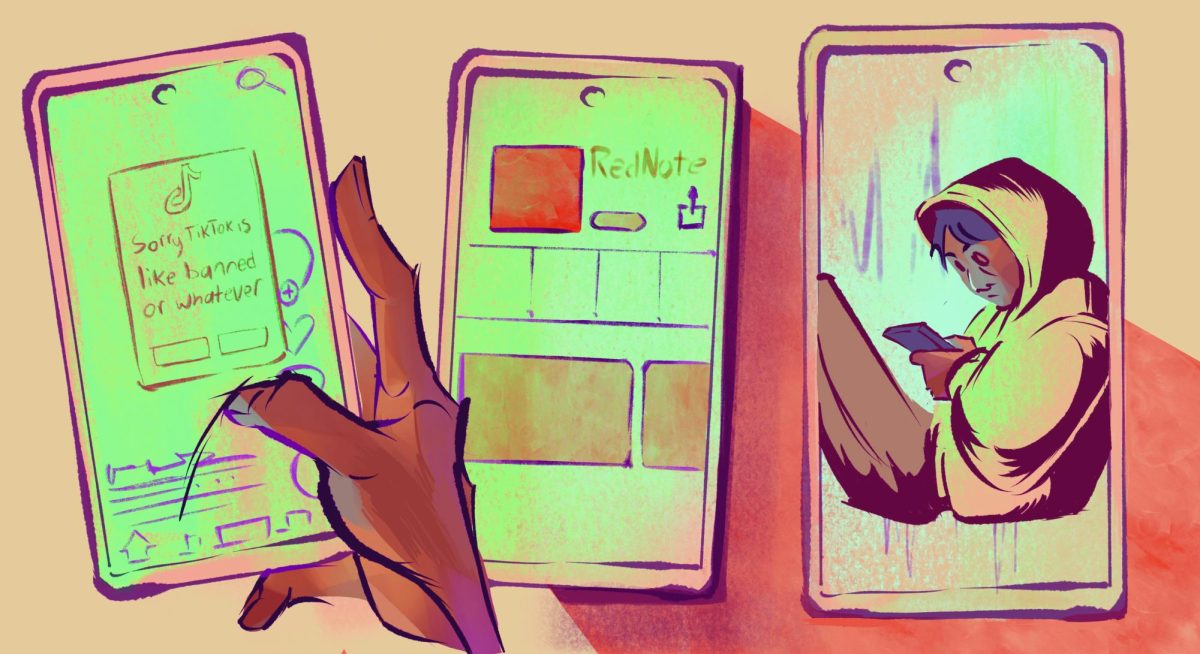Mental health problems can feel uncontrollable, unseen and permanent. But what if there was help and hope for mental health problems? Exercise. Don’t stop reading just yet. Anyone can exercise.
Exercise is going to look different for each person. We are all unique. That being said, dance, yoga, swim, zumba, walking, running and other sports are all forms of exercise.
Katie Neff, a counselor at Dallas College Brookhaven Campus, recommends exercising for at least 30 minutes per day and asking yourself, “How do I like to move?” Finding an exercise routine that is enjoyable and refreshing is crucial for exercising consistently.
According to the Centers for Disease Control and Prevention, the benefits of exercise are profoundly impactful for all aspects of life. Timberly Lewis, a counselor at the Brookhaven Campus, said, “To help depression and anxiety, you need to get moving, because it will increase your mood.” Lewis said for those who take medication for attention problems and the like, it is especially beneficial to get outside so they can sleep soundly at night. Neff called the outdoors “Nature’s best medicine.” Neff said exercising releases endorphins, which relieve stress, and thus impact mood.
For improving mental health, Lewis said the first step is to “move your body and connect with friends.” Learning how to exercise consistently will help consistency in other areas of life. “When we commit to ourselves and follow through, it helps us to believe in ourselves and do challenging things in the future,” Lewis said. Exercise not only physically aids mental health through brain biology, but also boosts confidence.
Neff and Lewis emphasized the need for self-care. Exercise is a foundational form of self-care. “If we can’t take care of ourselves, we can’t take care of others,” Neff said. “Self-care is not selfish,” Neff said. When first meeting with a new student for counseling, Neff said she recommends five things: sleeping for 7-9 hours a night, engaging in body movement or exercise, forming a healthy eating pattern, staying hydrated, engaging in social life and developing hobbies.
Lewis recommends finding one way to practice self-care and mentions meditation and exercise as good candidates. With the busyness of school, family and work, to life can feel like a game of survival.
Another distraction that often keeps students from exercising is the endless black hole of social media. “‘Comparison is the thief of joy,’” Lewis said, quoting Theodore Roosevelt. Time spent on social media can not only cause depression, but also takes away time that could have been spent on exercise and self-care.
For those interested in a peaceful, nature stroll or a crisp jog, check out Brookhaven’s walking trail around the campus. Vitruvian Park is also near the campus.
Students who are 18 years and older, and currently enrolled in classes, may access free counseling. There are three Brookhaven counselors, who are able to meet in-person or virtual. Across Dallas College there are 18 counselors students may choose to meet with. Dallas College has a partnership with Metrocare, which is available to students with psychiatric needs.
“Dallas College is committed to removing barriers,” Lewis said. “We all have a heart to help the students and value our time with them. We can’t control day-to-day situations, but we do have the power of how we react to them.”








